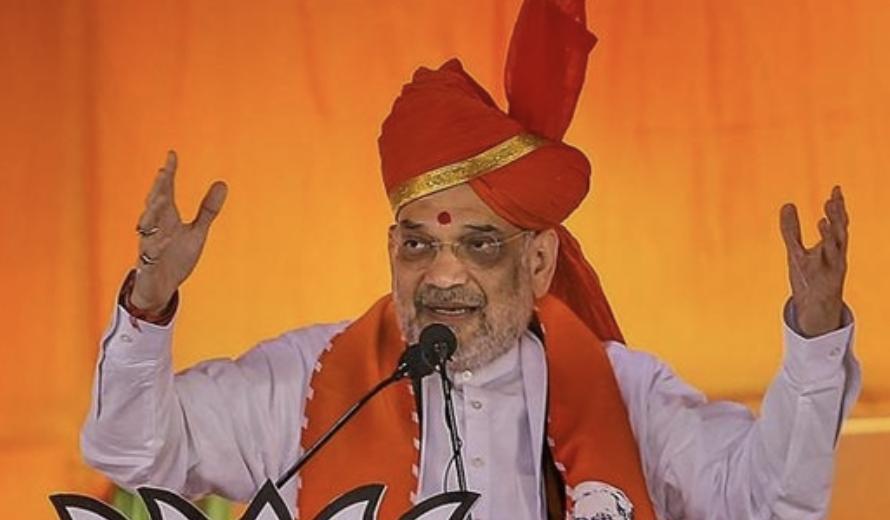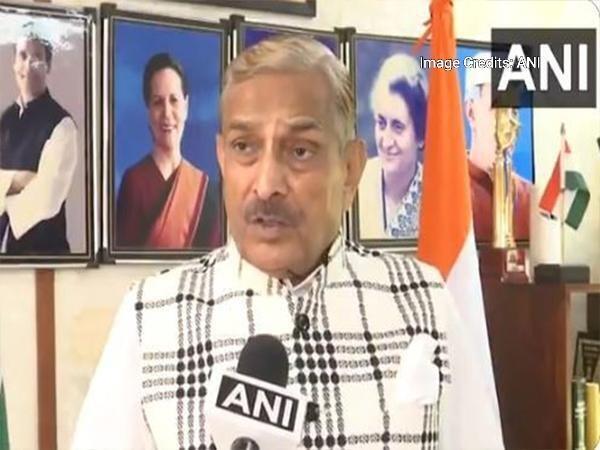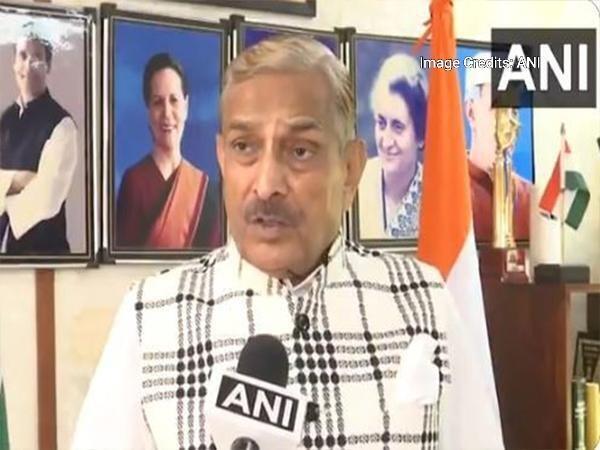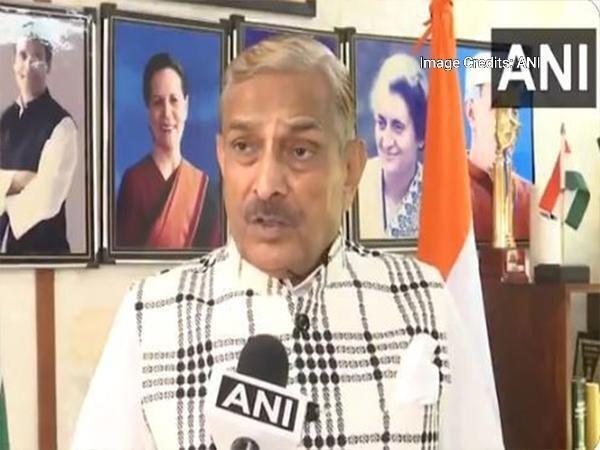
3 More Groups Have Disassociated from Hurriyat in J&K: Amit Shah
Union Home Minister Amit Shah’s recent visit to Jammu and Kashmir has sparked a significant development in the valley’s political landscape. In a statement, Shah announced that three more organizations have distanced themselves from the Hurriyat Conference and have renounced separatism. These organizations are the Jammu Kashmir Islamic Political Party, Jammu and Kashmir Muslim Democratic League, and Kashmir Freedom Front.
This move is seen as a significant blow to the Hurriyat Conference, which has long been a vocal advocate for Kashmir’s independence from India. The Hurriyat has been accused of using violence and terrorism to pursue its goals, leading to widespread suffering and instability in the region.
Shah’s statement is a testament to the growing recognition of the futility of separatism in Jammu and Kashmir. In recent years, there has been a growing trend towards integration and reconciliation in the region, with many Kashmiris rejecting the Hurriyat’s violent and divisive rhetoric.
The Home Minister’s announcement has been welcomed by many in Jammu and Kashmir, who see it as a major step towards peace and stability in the region. The move is also seen as a significant victory for the Modi government, which has long been committed to promoting national unity and integration.
So, what does this development mean for Jammu and Kashmir and the rest of India? In this blog post, we will explore the implications of Shah’s statement and what it means for the future of the region.
The Significance of the Move
The disassociation of these three organizations from the Hurriyat Conference is a significant development for several reasons. Firstly, it highlights the growing recognition of the futility of separatism in Jammu and Kashmir. For decades, the Hurriyat has been using violence and terrorism to pursue its goals, but this move suggests that many Kashmiris are now rejecting this approach and seeking a more peaceful and integrated future.
Secondly, this move is a major blow to the Hurriyat’s credibility and influence in the region. The organization has long been seen as a champion of Kashmir’s independence, but its violent and divisive rhetoric has alienated many Kashmiris and undermined its legitimacy.
Finally, this move is a significant victory for the Modi government, which has long been committed to promoting national unity and integration. The government’s efforts to counter separatism and promote integration have been met with resistance from the Hurriyat and other separatist groups, but this move suggests that these efforts are beginning to bear fruit.
The Road Ahead
So, what does this development mean for the future of Jammu and Kashmir and the rest of India? In the short term, it is likely to lead to a further decline in the Hurriyat’s influence and a growing sense of stability and security in the region.
In the longer term, this move could have significant implications for the future of Kashmir and the rest of India. It suggests that the region is moving away from separatism and towards integration and reconciliation, which could have significant benefits for the people of Jammu and Kashmir and the rest of India.
However, there are also potential challenges and risks associated with this development. For example, the Hurriyat and other separatist groups may continue to use violence and terrorism to pursue their goals, which could lead to further instability and conflict in the region.
Therefore, it is essential that the Indian government and other stakeholders in the region work to address these challenges and risks, and to promote a more peaceful and integrated future for all.
Conclusion
In conclusion, the disassociation of three organizations from the Hurriyat Conference is a significant development for Jammu and Kashmir and the rest of India. It highlights the growing recognition of the futility of separatism in the region and the increasing desire for peace and stability.
This move is a major victory for the Modi government, which has long been committed to promoting national unity and integration. However, there are also potential challenges and risks associated with this development, and it is essential that all stakeholders work to address these challenges and promote a more peaceful and integrated future for all.
Source:





